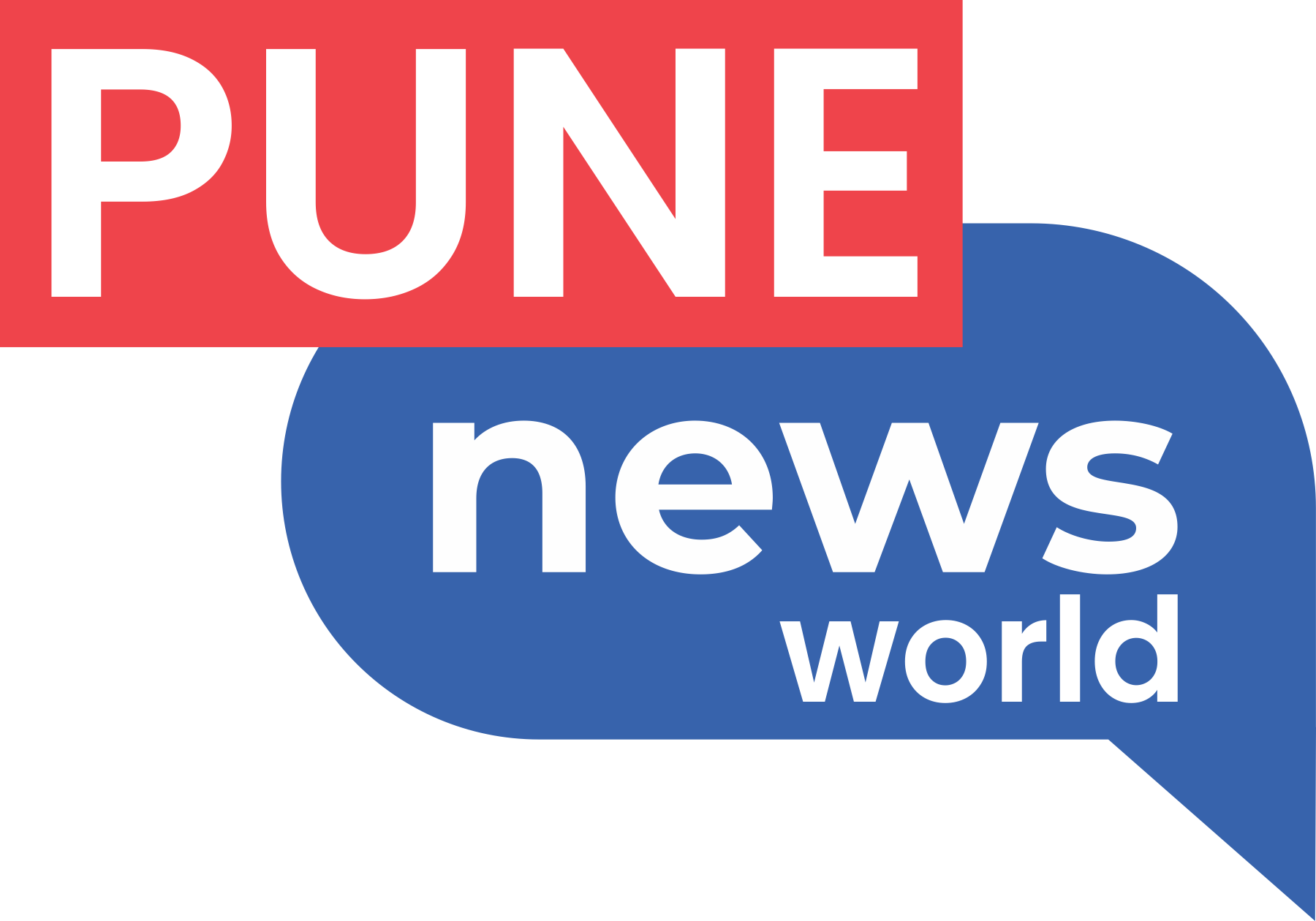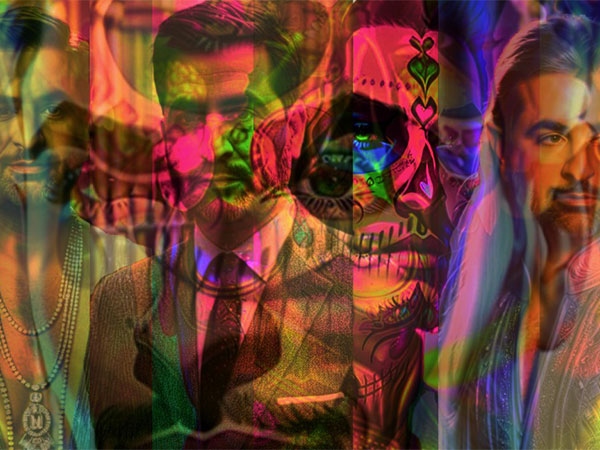By Suvir Saran
New Delhi [India], December 20 (ANI): In Mumbai, not long ago, I met a surgeon–one of the most alpha-looking, hirsute humans I’ve ever encountered. Every inch of them radiated brute physicality, their presence primal in its intensity. Yet they considered themselves non-binary. Their truth defied the language of stereotypes and the rigid codes society has etched into our perceptions of gender. I found myself wrestling this moment in my head throughout 2024.
When my then-assistant, now-partner, Vardaan Marwah, addressed them as “Bro,” the reaction was immediate. They were offended, shocked that Vardaan had casually assumed they were male. Vardaan, in turn, was equally startled. How could someone whose appearance ticked every box of masculinity not identify as male?
This moment has stayed with me, not just for its awkwardness but for the clarity it offered about the silent, pernicious ways assumptions creep into our interactions. On one side was a person yearning to be seen for who they are, free from the weight of stereotypes. On the other was a kind-hearted human who had no intention of causing harm but, in their ignorance, had failed to see beyond the surface.
This is the crux of the matter: the assumptions we make, often unconsciously, and the unintended harm they can cause. Stereotypes, like the air we breathe, are pervasive and invisible. They stem from centuries of societal conditioning, passed down and perpetuated so mindlessly that they become a part of us before we even realize it. Masculinity is broad shoulders and beards. Femininity is soft curves and long hair. Anything outside these lines? A deviation. A threat. An anomaly.
Even those of us who believe we are open-minded and progressive are not immune. As a 52-year-old gay man, I have lived the experience of being othered, reduced to a stereotype, judged before I was even known. I consider myself empathetic, someone who understands the nuances of identity. Yet it took me years to fully grasp the truth of non-binary identities. And even now, I catch myself failing. I see a person, and without thinking, I assign them a gender based on their appearance.
There is so much unlearning to do.
Vardaan’s shock that day mirrored my own when I first encountered the idea that identity could exist beyond the binary of male and female. Their reaction wasn’t born of malice but from a worldview that had never made room for such possibilities. It was the innocence of someone who had simply never been taught to look beyond the surface.
This innocence is everywhere. An art dealer friend of mine once confessed that she and her husband–both educated, thoughtful people–had no idea about pronouns or non-binary identities. Their children, however, did. The generational divide was stark. We assume, often naively, that certain professions or communities–artists, thinkers, creators–are more attuned to the nuances of human identity. But assumptions, as ever, mislead us.
It is not just gender stereotypes that ensnare us. They are part of a broader framework of biases we have inherited, consciously or otherwise. Think of how the music, dress, dance, food, and languages of the Global South are labeled “ethnic.” The word carries an insidious undertone of inferiority, as if these rich, diverse cultures are somehow less sophisticated or valuable. And the tragedy is that those of us who come from these cultures often buy into this narrative. We internalize the idea that our heritage is secondary, something to be diluted for wider acceptance.
It is the same colonial mindset that tells us masculinity looks one way and femininity another. That there is no room for fluidity or identities that exist beyond the binary. These stereotypes are not just restrictive; they are harmful. They erase, they diminish, and they wound.And yet, as much as they hurt, they are also deeply ingrained. Undoing them is not as simple as declaring ourselves “woke” or enlightened. It is a slow, often painful process of peeling back the layers of conditioning we didn’t even know we carried.
But unlearning is not a solitary act. It is a collective journey, one that requires effort from everyone involved. Those of us who grew up steeped in stereotypes must do the work to unlearn them, to open our minds to truths that challenge our assumptions. But those who defy these stereotypes–those who identify outside the binary–must also approach this journey with patience and empathy. This is not to shift the burden onto those who have already faced the brunt of societal ignorance. But if we are to walk this path together, it must be with mutual understanding.
The surgeon in Mumbai had every right to feel hurt by Vardaan’s assumption. But their willingness to engage, to explain their identity rather than retreat in frustration, became a moment of growth for everyone involved. For those of us learning, the key is humility. We must recognize that our assumptions are not universal truths but products of a society that has failed to embrace the full spectrum of human identity. We must listen, ask questions, and be willing to get it wrong–knowing that in getting it wrong, we create opportunities to grow.
For those who live outside the binaries, the key is grace. It is not their responsibility to educate us, yet their patience can be transformative. When someone misgenders them or makes assumptions, they have every right to feel upset. But their willingness to explain, to share their truth, can be the catalyst for change.
I think back to that moment in Mumbai, to the quiet tension in the room as Vardaan stumbled through an apology. It was not just the surgeon’s offense that hung heavy in the air–it was also Vardaan’s shame, their realization that they had, however unintentionally, caused pain. And yet, in that discomfort, there was something hopeful. There was learning. There was a moment of connection that, though imperfect, left
everyone changed.
This is what unlearning looks like. It is messy and uncomfortable. It requires us to confront our biases, to sit with the knowledge that we have failed others, and to commit to doing better. It requires empathy–not just for those we hurt, but for ourselves. Because unlearning is not about perfection. It is about progress. It is also about harmony.
The truth is, we are all on this journey together. None of us were born knowing what pronouns are or why they matter. None of us were born immune to stereotypes. But we were all born with the capacity to grow, to change, and to connect. And that is the hope I hold onto. That one day, encounters like the one in Mumbai will be less fraught, less polarizing. That the shock of being misgendered or of encountering a non-binary person for the first time will give way to understanding. That we will move beyond the binaries and the boxes that have confined us for so long and create a world where everyone is free to be exactly who they are.
This is not just about gender. It is about seeing one another fully and deeply, beyond assumptions and stereotypes. It is about creating a world where kindness and curiosity replace judgment and ignorance. It is about remembering that, at our core, we are all just humans trying to be seen, understood, and respected.
And if we can hold onto that truth, if we can approach one another with empathy and humility, then perhaps there is hope for all of us to unlearn the past and build something better. Something freer. Something true. Something more fulfilling for 2025. (ANI/Suvir Saran)
Disclaimer: Suvir Saran is a Masterchef, Author, Hospitality Consultant And Educator. The views expressed in this article are his own.
Disclaimer: This story is auto-generated from a syndicated feed of ANI; only the image & headline may have been reworked by News Services Division of World News Network Inc Ltd and Palghar News and Pune News and World News
HINDI, MARATHI, GUJARATI, TAMIL, TELUGU, BENGALI, KANNADA, ORIYA, PUNJABI, URDU, MALAYALAM
For more details and packages











